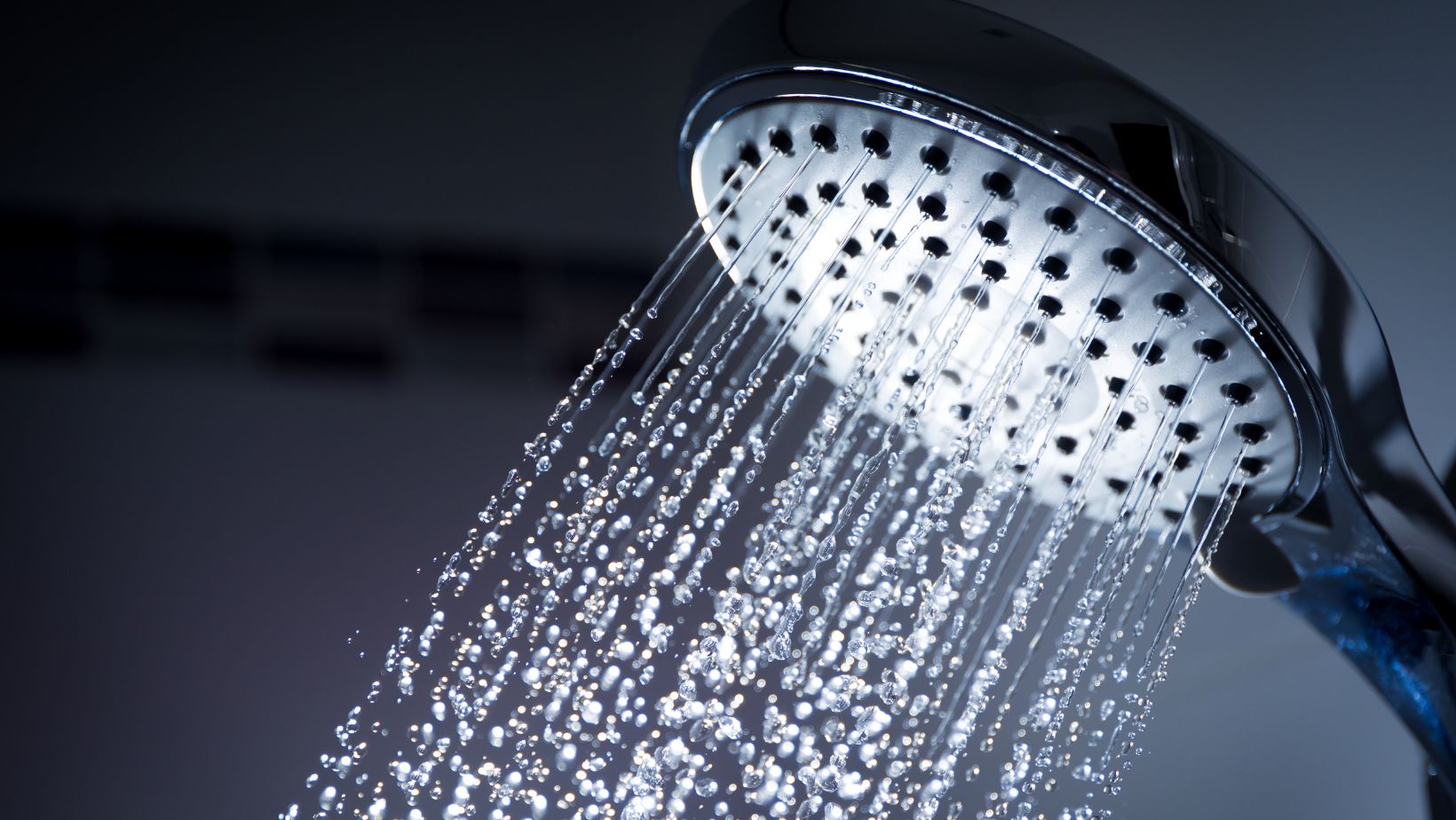We’ve all heard the advice: drink eight glasses of water a day and make sure it’s filtered. But while most people focus on clean water for drinking, they overlook another daily exposure—showering. Every time you step into a hot shower, your skin and lungs are potentially absorbing more than just steam. That’s why investing in the good shower head filter isn’t just a luxury—it’s a wellness essential.
The Forgotten Gateway: Skin and Lungs
Once water is heated and transforms into steam, it lifts volatile compounds, most prominently in regions where water quality is subpar. Typical constituents of these compounds include chlorine, chloramine, and various other disinfectants routinely added to municipal water supplies. You draw them into your lungs, and your skin likewise absorbs them.
The Chlorine Problem
Chlorine acts as a standard disinfectant that public water systems employ to eliminate harmful bacteria. It works well to sanitize, yet it may not be the best choice for your health. When chlorine encounters organic matter—such as dead skin cells and oils on the body—it produces byproducts called trihalomethanes (THMs), which are associated with respiratory problems and certain cancers.
When the water is hot, chlorine emits even more vapors. More chlorine reaches your lungs via the steam than you would inhale when drinking an unfiltered glass of tap water. Year after year, repeated contact can lead to a spectrum of health problems, ranging from asthma and skin irritation to even long-term chronic conditions.
Skin and Hair Don’t Like Hard Water
Apart from chlorine, countless households experience hard water, a liquid rich in minerals such as calcium and magnesium. Although safe to consume, hard water is exceedingly drying for both skin and hair. It can remove essential oils, disrupt your skin’s pH balance, and exacerbate conditions such as eczema, dandruff, and overall itchiness.
Respiratory Exposure is Indeed Real.
It’s more than what comes into contact with your skin. While stepping into a warm shower, the steam that rises becomes an ideal medium for respiratory exposure. Should your tap water contain volatile organic compounds (VOCs), chlorine, or bacteria, you may be breathing those contaminants straight into your lungs.

Breathing in the steam from a shower has been linked to a higher risk of asthma and chronic bronchitis, particularly among children and older adults. Certain studies indicate that breathing in chlorine may harm the mucous membranes in your nose and lungs, gradually weakening their natural protective function. That peaceful shower you enjoy might be stirring inflammation beneath the surface.
Why Water Treatment Plants Are Not Enough
It’s natural to presume that municipal water treatment plants keep everything under control. In a sense, they indeed do. Most of the water that flows from your tap already conforms to federal safety standards. Nevertheless, those standards overlook the cumulative effects of exposures through skin contact and inhalation. They likewise overlook the aging pipes and infrastructure in many municipalities, whose deteriorating condition may introduce extra contaminants into the water before it reaches your showerhead.
Moreover, regulators’ assessment of safe levels is typically driven by ingestion, rather than by inhalation or dermal absorption. Consequently, the ongoing daily exposure you encounter in a hot shower isn’t currently considered during the broader public health discourse. That void falls on you to bridge, beginning with the water in your bathroom.
What You Can Do About It
The silver lining is that safeguarding yourself doesn’t call for a complete overhaul. Installing a high-quality shower filter can significantly reduce your exposure to harmful chemicals, metals, and sediment. With the correct filter, you can capture chlorine, lessen hard-water minerals, and even boost water pressure, without any complicated installation.
See a shower filter not as an indulgence, but as an essential fixture in your wellness toolkit. Just as crucial as your daily multivitamin, organic diet, or regular sleep schedule. For households with children, it becomes necessary. Thanks to thinner, more permeable skin, children are especially susceptible to the contaminants that linger in unfiltered shower water.
Spending For Long-Term Health
Amid a time when people are more mindful of what they consume, inhale, and slather on their skin, the H2O they bathe in ought not be an afterthought. The shower marks the start and close of every day. It’s the place where you gear up for the world and where you unwind once it’s done. Do not let it become an unseen source of harm.
When you place clean shower water at the forefront, you make a modest change with far-reaching consequences. You might experience reduced breakouts, less frizz, a clearer skin tone, and even more effortless breathing. Yet the greater advantage is deeper: you’re safeguarding your long-term health in ways that are often overlooked.
Conclusion
The discussion on clean water is far too vital to limit it to the kitchen sink. Even though we’re used to filtering the water we drink, the health threats from daily showering are equally real—and equally preventable. As awareness expands and easy-to-use tools—like the best shower head filter—are now available, anyone can make a difference right now.



